Sustainable Bags Made By Empowered Women in India
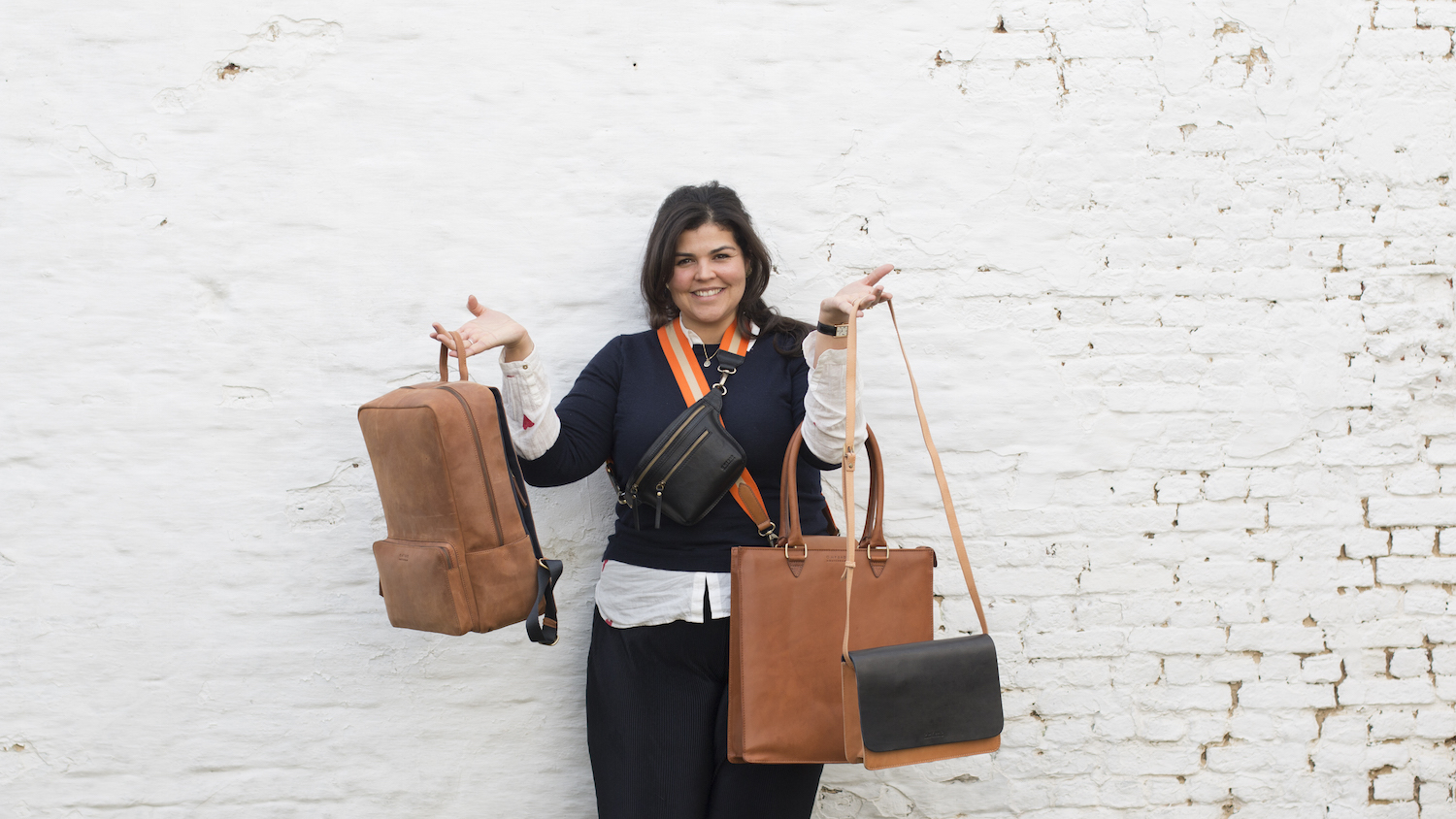
Why are your bags so special?
I missed a certain type of bag in the market. Sophisticated, but not boring. Casual, with an edge. Our designs are all of that! Next to this, every O My Bag is handcrafted by a select group of producers in Kolkata, India, in a safe and positive atmosphere, where fair wages and benefits are paid, women are empowered and training and education are offered. These bags don’t just look gorgeous but are good for people and the planet too.
Our fairly made leather bags and accessories respect both our planet and the people living on it.


What is the story behind O My Bag? What was your driving force to start this company?
The classes I took at university on global issues like development aid, shaped my ideas. It made me realize that fair trade can create social change. People can live better lives when they are given equal access to the global marketplace.
O My Bag started in 2010 when I couldn’t find the classic vintage schoolbag I was looking for and I set out to create it. With the conviction that high style doesn’t have to come at the expense of cheap labour, I hopped on a plane to India to find the right tannery and manufacturers to produce O My Bags. The result? Classic, vintage-inspired bags and accessories made from a selection of sustainable leathers and certified organic canvas.
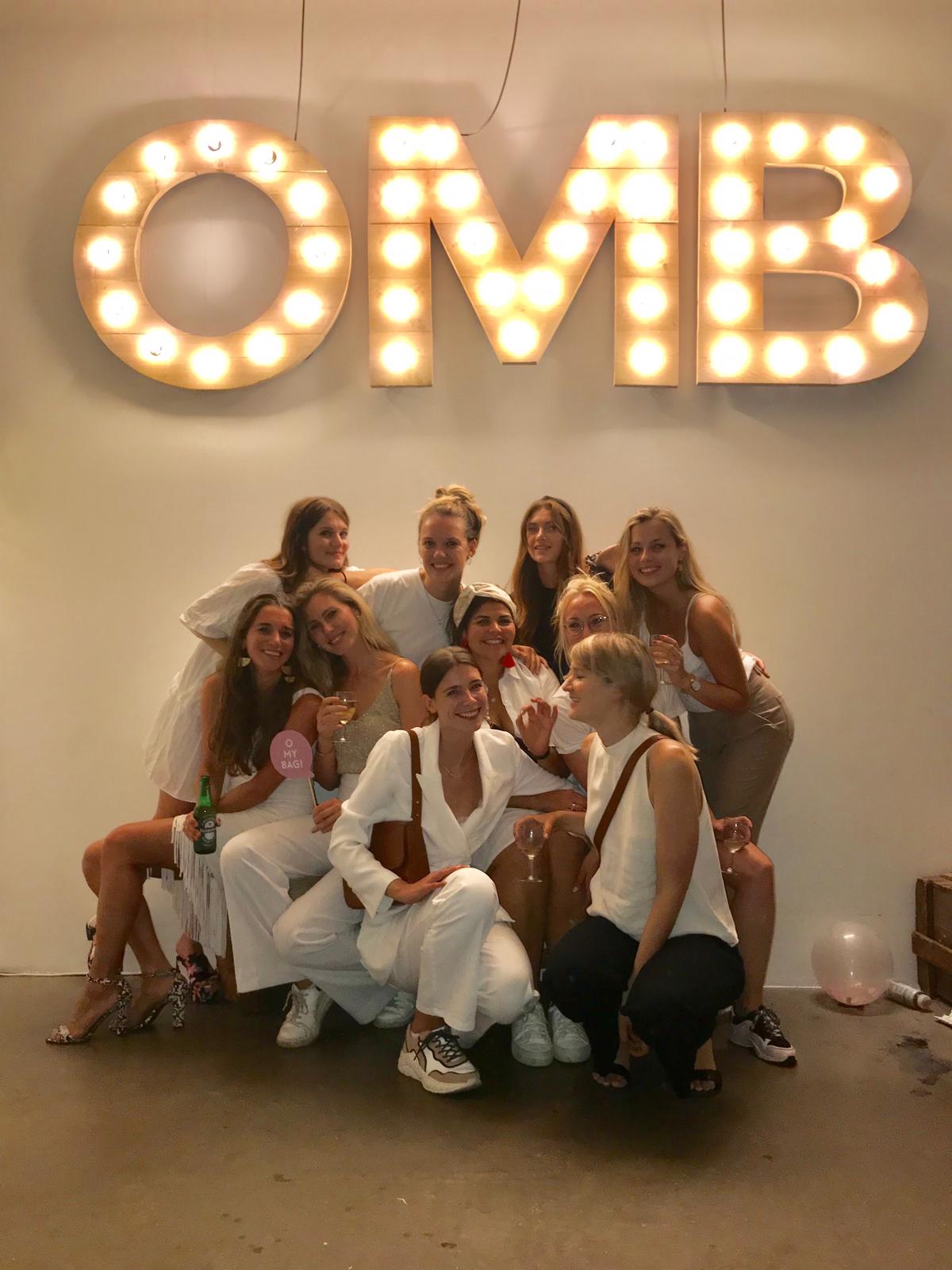
To you, what does it mean to be a social entrepreneur?
Creating a positive impact in the world is one of our core values and is rooted in everything we do. We believe that by supporting conscious trade we can contribute to a better world with fairly-paid jobs, safe working environments, equal opportunities and respect for the environment. Creating jobs for minorities in India is our way of contributing to the UN Sustainable Development Goals, like fighting poverty and women empowerment.
A great example of a partner that we’re very happy to support is Freeset Global. Freeset is a fair trade organization that provides employment for women who were trafficked into prostitution. Read about them here. We support local projects that we pick and choose ourselves. Last year’s Black Friday we’ve donated all revenue to the funding of 3 open-air schools in the brickfields. You can read all about it on the website. Black Friday Fund.
Another important aspect of running a social business is to make the supply chain very transparent, everything there is to know about our producers is findable on our website. We want to inform our customers as much as possible about where our products come from.
What were some of the biggest challenges that you had to overcome when starting O My Bag? How did you experience being a female founder?
The design process took loads of effort in the beginning. It took forever and we had to make loads of samples! That’s where my lack of design experience really came into play. Luckily, we got lots better over the last few years. There are still plenty of production challenges, last year we’ve been out of stock for months on a few of our best sellers. Also, we’ve been promoting a highly anticipated new collection bag last year, that turns out to have a big production mistake. The fitting buckle kept breaking. We’ve now taken that bag out of the collection, because we weren’t able to fix it, but only after we already sold hundreds!
I’ve never given much thought of the idea of being a ‘female founder’ when I just started out in 2010, it’s a more popular topic these days. But in the (small) fashion and handbag industry, I still think most founders are female. Comes with the territory.
How do you incorporate female empowerment into your business?
We currently only have (power) women in our team! So female empowerment is really ingrained in our company. We also want to make sure we do our part in India, for example, we want to have women in leadership positions with the producers we work with. Currently, 50% of our producers have female account managers. Also, the average percentage of female employees in our main factories is 20% while the industry average is 7%. We also provide training. Last year we funded a leather training course for a female employee of our tannery, and she now holds a managerial position.

How did you finance your social business?
I received a loan from the city of Amsterdam of €10.000. I used this for the first production and trip to India. After this, we’ve always been able to grow organically and stay independently owned.
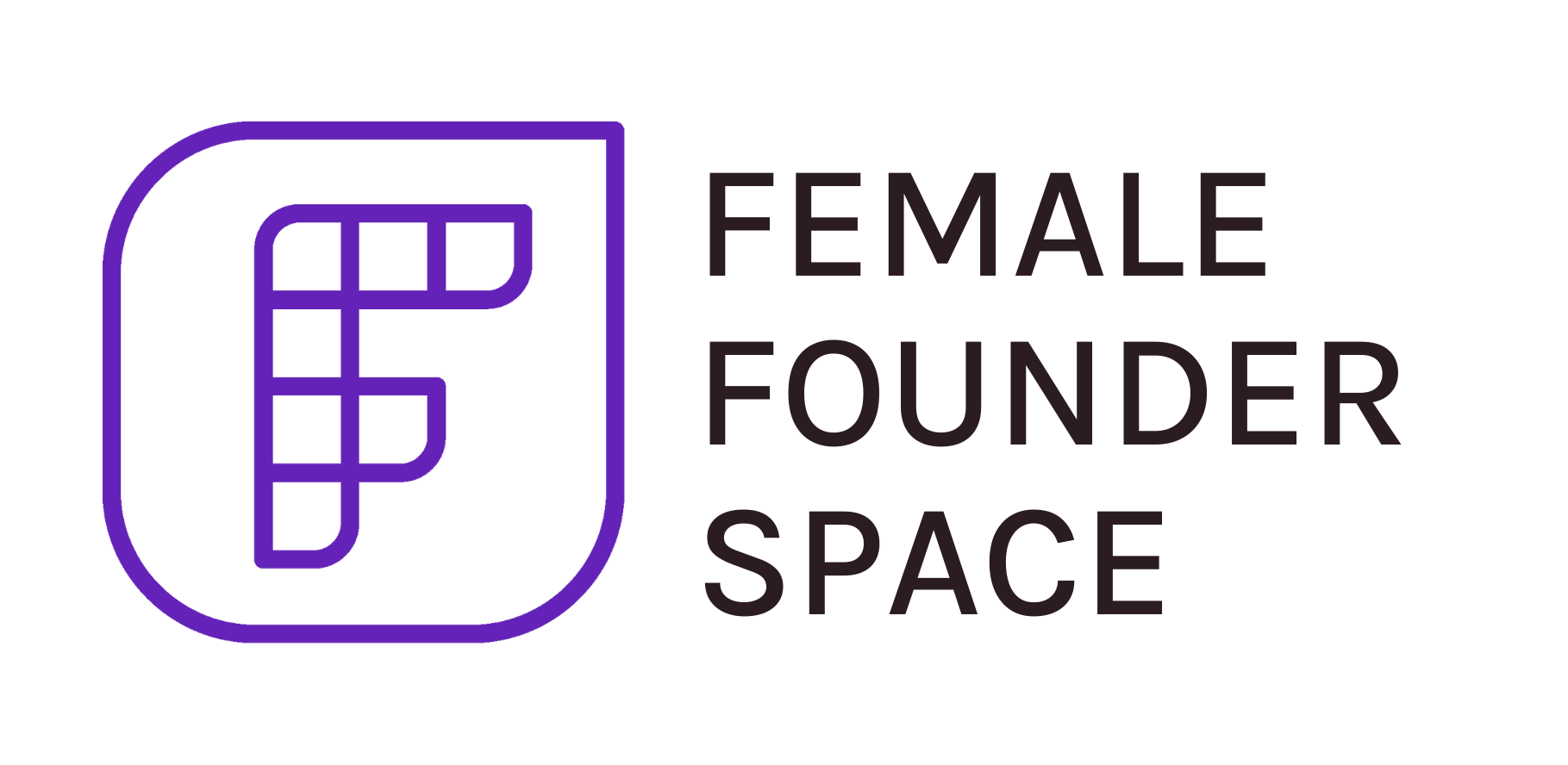
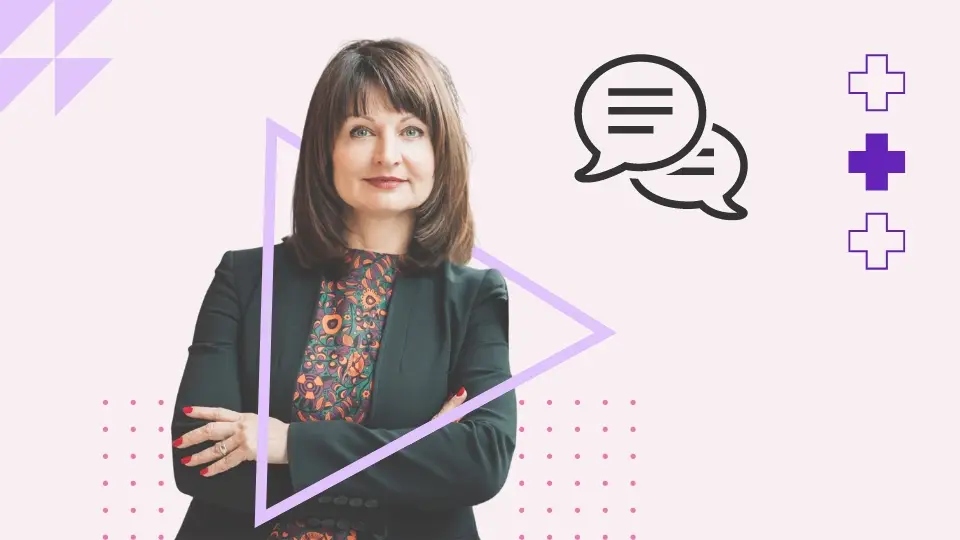
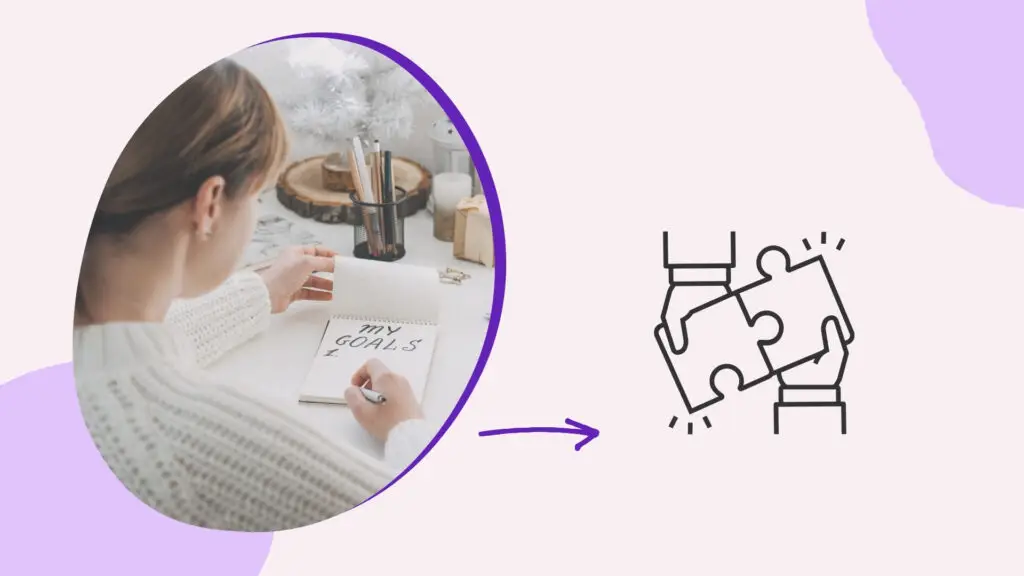
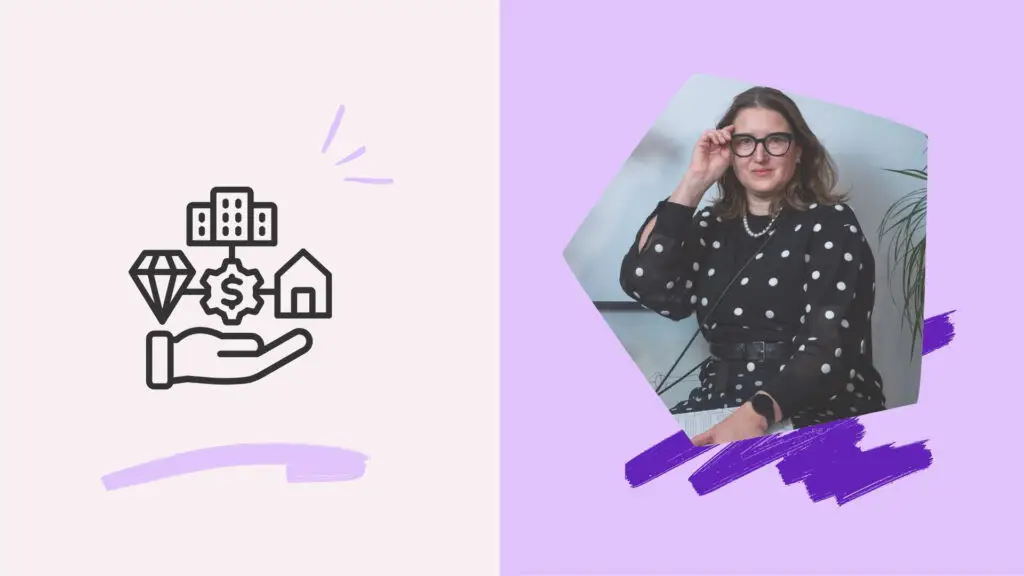
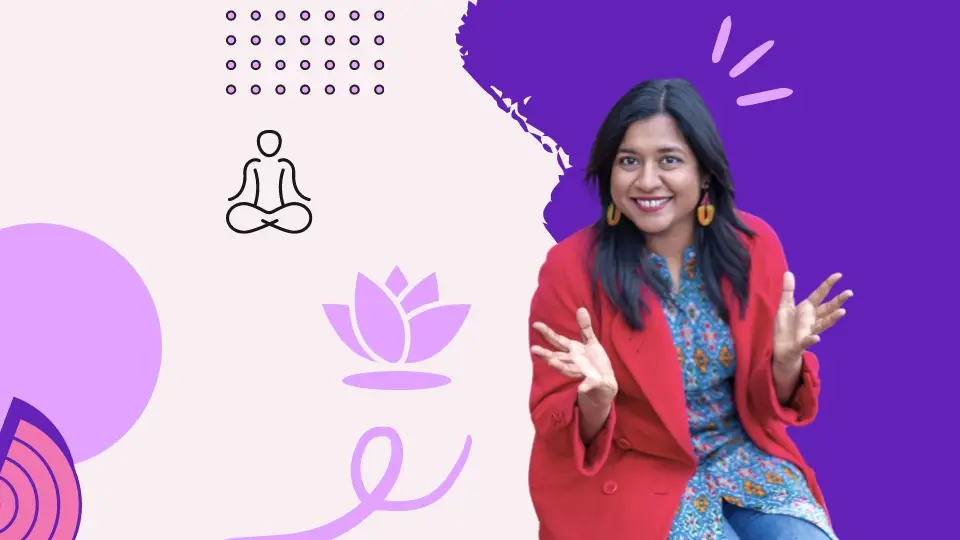
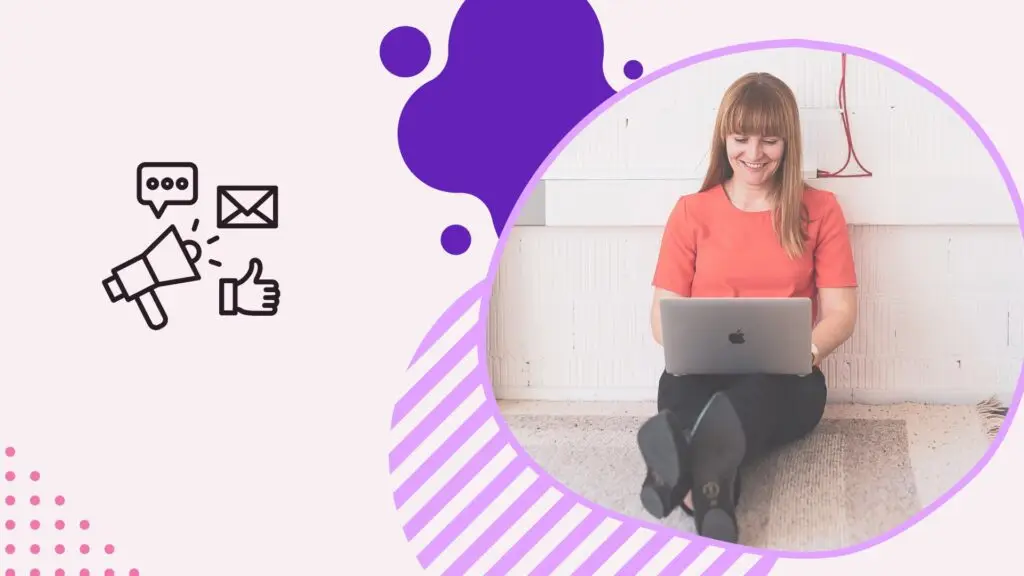
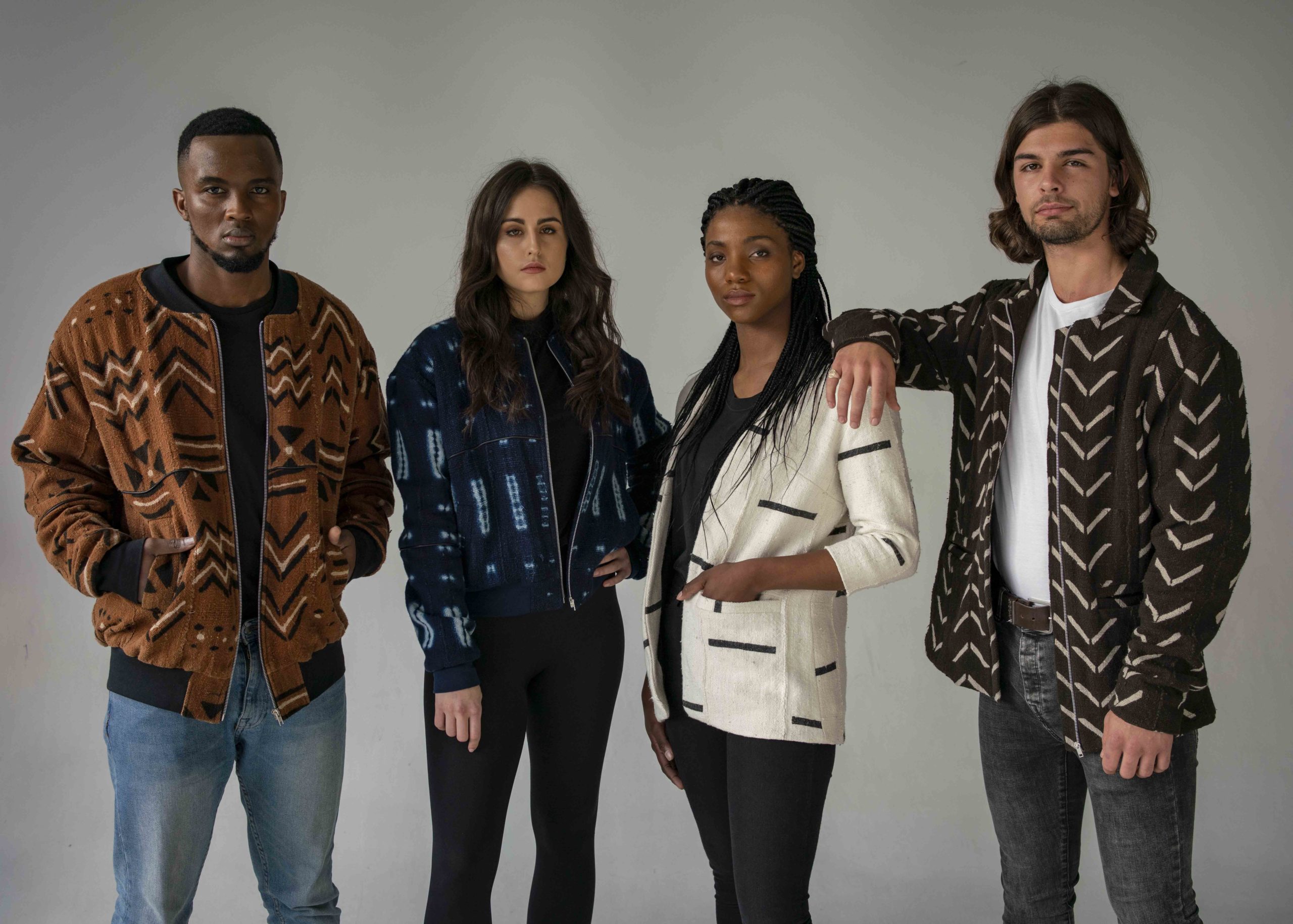
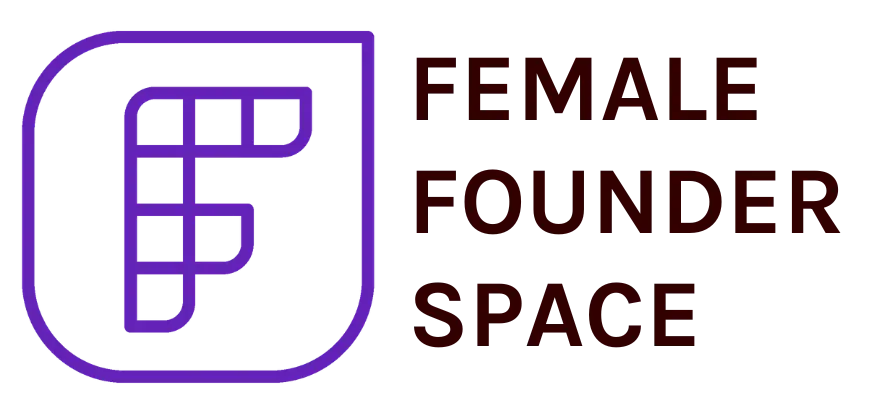
Responses